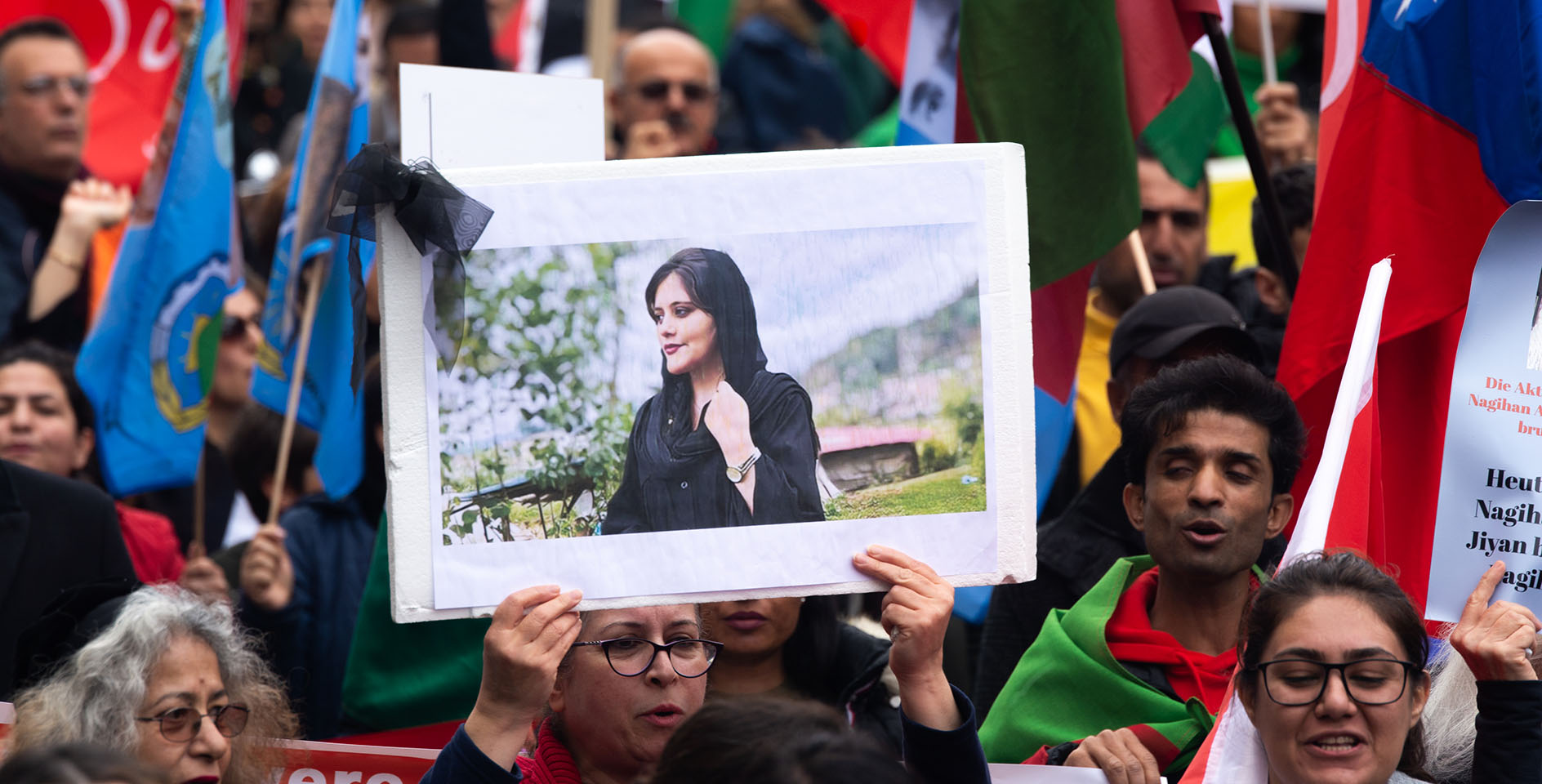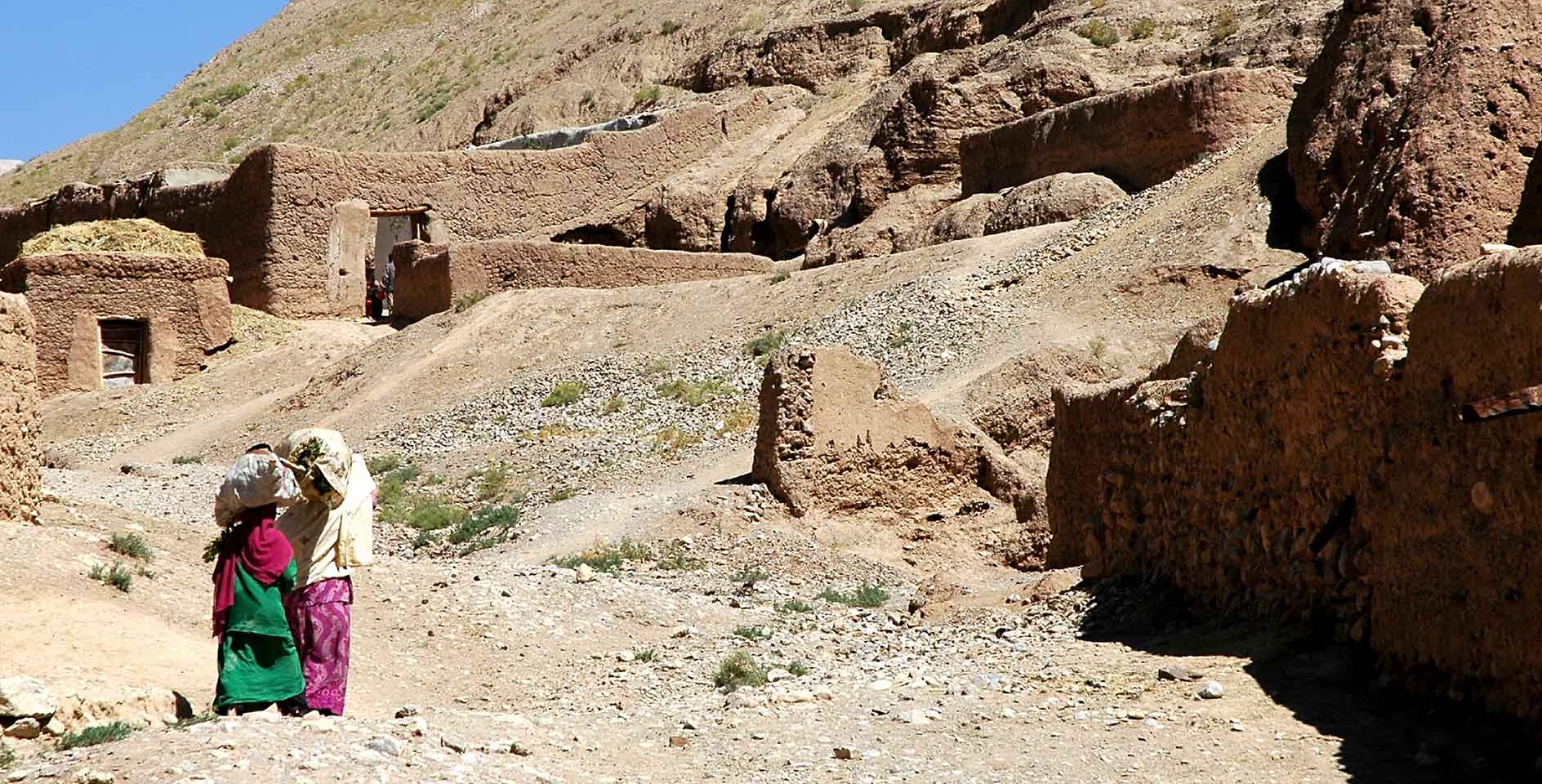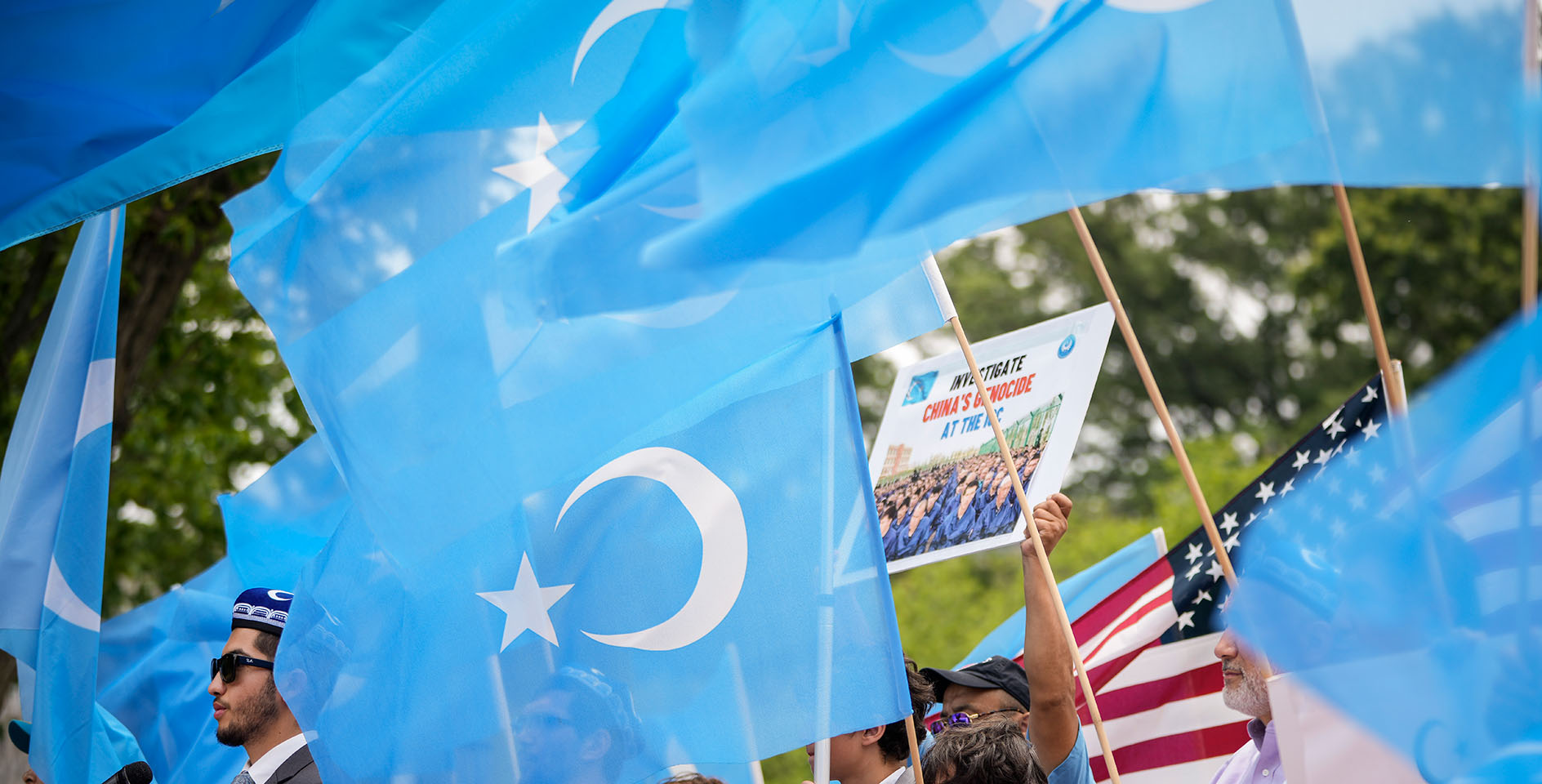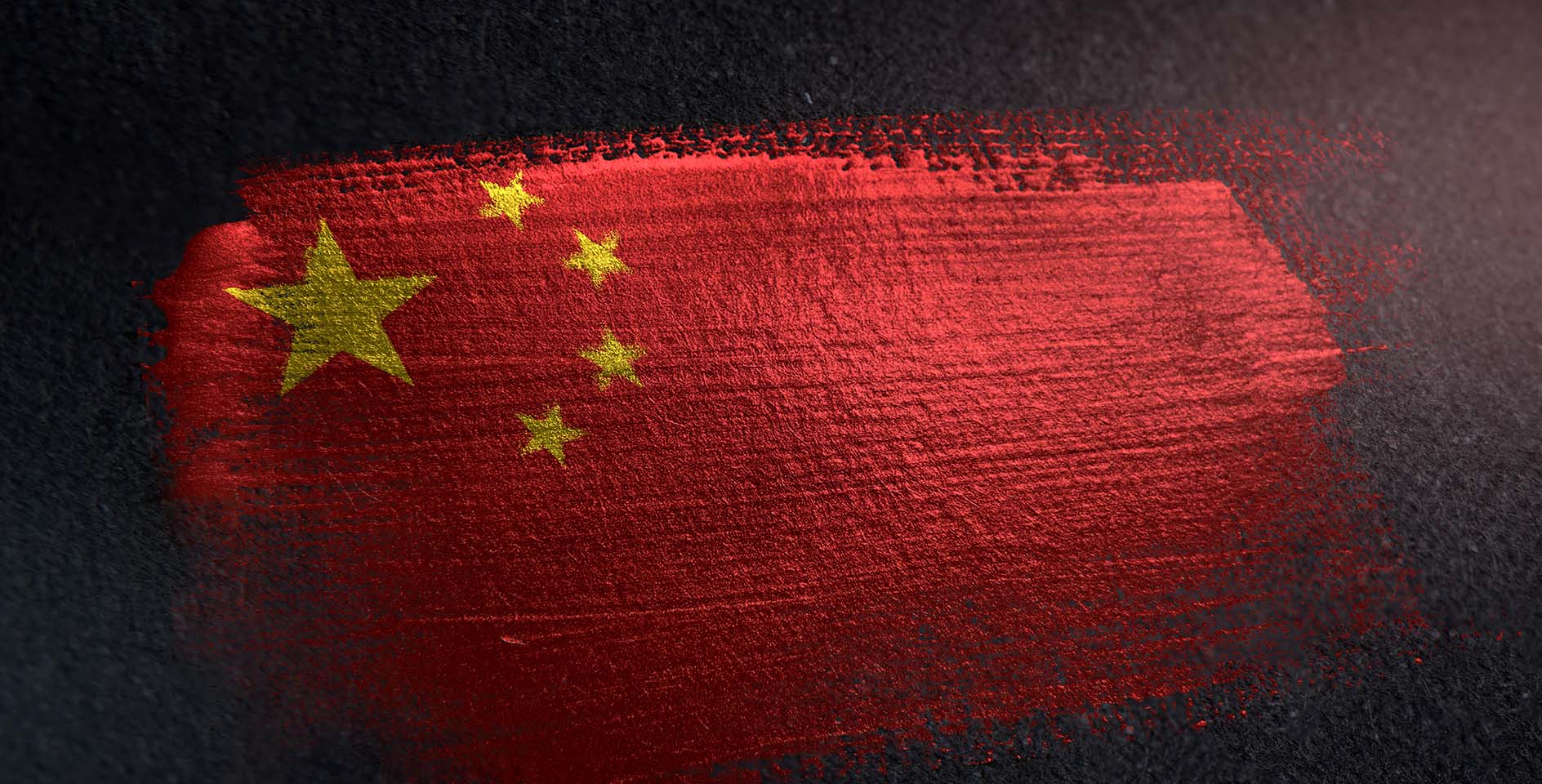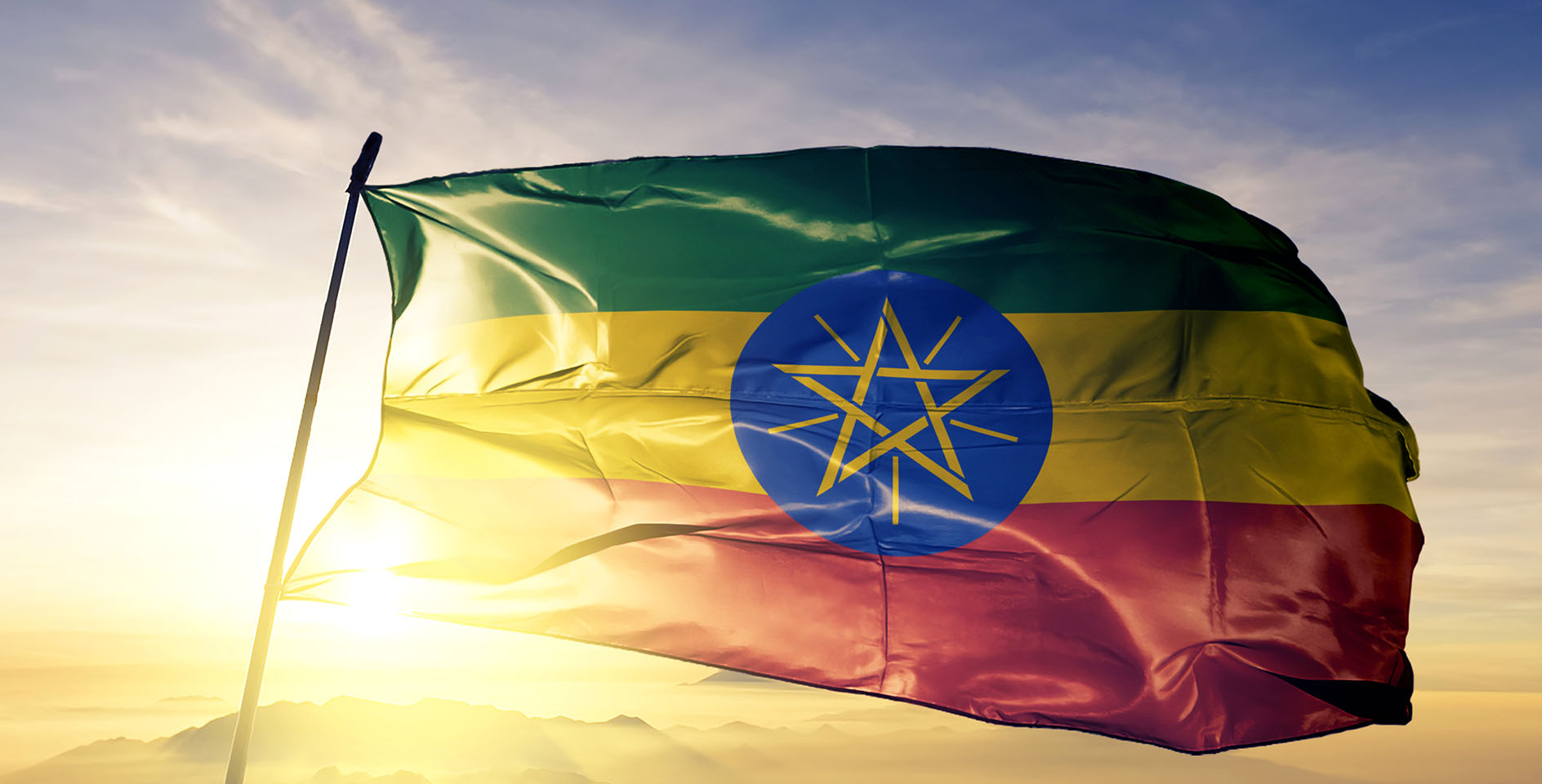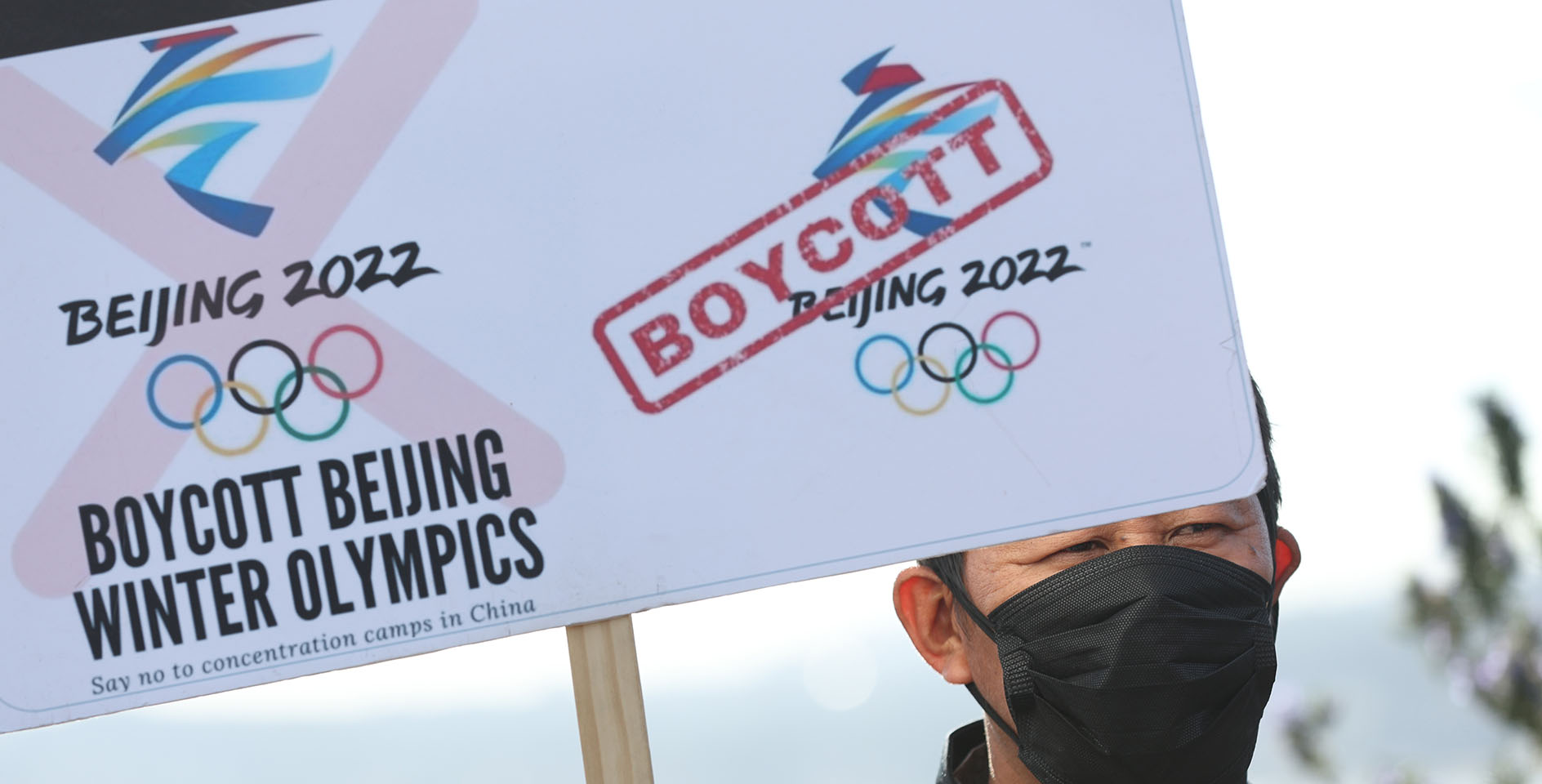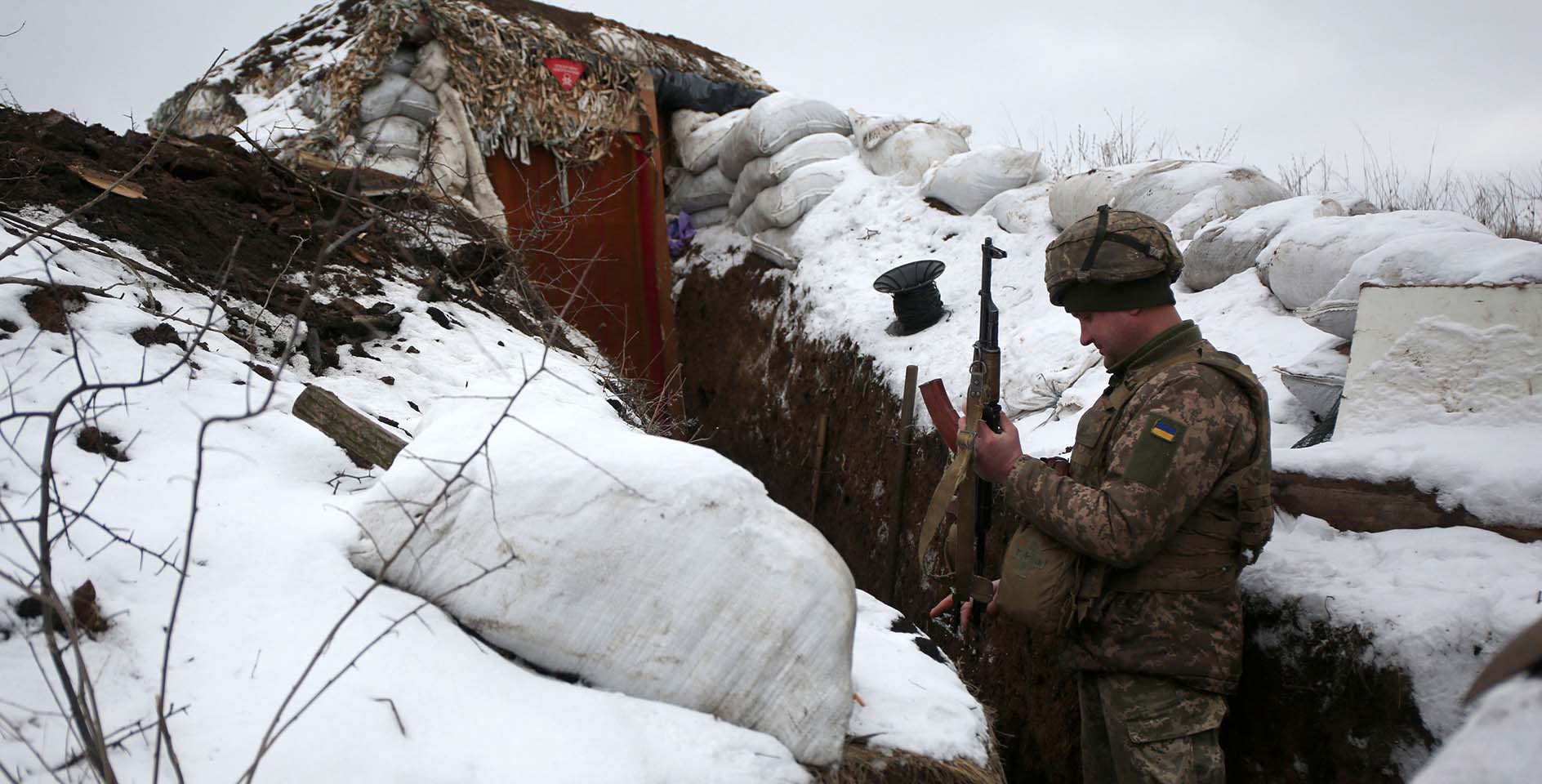Over the past few weeks there have been a number of international incidents that are worthy of our attention and prayer. Here are three you should know about from Iran, Ethiopia, and China.
What’s going on in Iran?
Since the Islamic revolution in 1979, Iran has had a law requiring all women—regardless of nationality or religious belief—to wear hijabs that cover the head and neck while concealing the hair. The Gashte Ershad (guidance patrols) are the “morality police” tasked with enforcing this and other dress codes, as well as modest behavior. The patrols are usually composed of men and stationed in vans in public areas. The patrols generally target women, who are taken to a police station, correctional facility, or re-education center, where they are taught to dress “appropriately.”
Earlier this month, 22-year-old Mahsa Amini was arrested by a patrol in the capital city of Tehran and allegedly beaten while inside a morality police van. She was taken to the hospital where she remained in a coma before dying three days later.
Amini’s death sparked outrage and protest throughout the country. Women in the country have posted videos of themselves setting fire to their headscarves and cutting their hair in public to chants of “Woman, life, freedom” and “Death to the dictator”—a reference to the Supreme Leader, Ayatollah Ali Khamenei.
School children are protesting their leaders on an unprecedented scale that may prove difficult to contain, notes CNN. In attempting to put down the protest, an estimated 201 people—including 23 children—have been killed by Iranian authorities. The United Nation’s children agency UNICEF has also called for the protection of children and adolescents amid Iran’s protests.
How to pray for this situation: Pray that God will protect the children and women of Iran, that the people will obtain freedom and protection for basic human rights, and that the church in Iran will be free from persecution.
What’s going on in Ethiopia
For the past year, the Ethiopian government and a regional military group have been engaged in a struggle for power and control over Tigray, the northern region of Ethiopia. Global leaders have so far hesitated to call it a genocide, referring to it as a civil war, or the Tigray War. But the atrocities committed by the Ethiopian and Eritrian governments make it clear the conflict is turning into a genocide.
United Nations-backed investigators say all sides, including the Tigray forces, have committed abuses, but that the Ethiopian government is using “starvation of civilians” as a weapon of war. Tigray has been under a blockade for 17 months, and an estimated one million people are at risk of starvation. Because they are cut off from medical care, women are also dying during pregnancy or within 42 days of giving birth at five times the rate before the war. Children under 5 are dying at twice the pre-war rate, often because of easily preventable reasons.
Altogether, an estimated half a million people have already died in the conflict. Tigray is “one of the worst manmade humanitarian crises in the world,” says the European Union foreign policy chief.
How to pray for this situation: Pray that the upcoming peace talks will bring an end to the conflict, that the genocide will end, and that the people of Ethiopia will find healing and restoration.
What’s going on in China?
The 20th National Congress of the Chinese Communist Party began this week in Beijing. The 2,296 delegates will represent the Chinese Communist Party (CCP)’s 96.7 million members in reelecting the current leader, Xi Jinping.
The 69-year-old Xi was due to step down in 2023, but in 2018 he further consolidated power by having his party change the constitution to remove the limitation that no Chinese president shall serve more than two consecutive terms.
Xi Jinping was elected as the president of the People’s Republic of China in 2013. In addition to this role as president, Xi also serves as the general secretary of the Communist Party of China (putting him in control of the country’s political party) and chairman of the Central Military Commission (which makes him the commander-in-chief of China’s military forces). He also is head of so many other smaller decision-making bodies that he’s been called the “Chairman of Everything.”
After his first four years in office, the Communist Party voted unanimously to incorporate “Xi Jinping Thought on Socialism with Chinese Characteristics for the New Era” into the Chinese constitution, an honor previously reserved for Mao Zedong and his successor, Deng Xiaoping. This change enshrined Xi’s political philosophy into the country’s supreme law and made any challenge to him a direct threat to Communist Party rule. As the BBC has noted, schoolchildren, college students, and staff at state factories are required to study this political ideology.
The reelection of Xi means the continuation of human rights abuse that have been the hallmark of his presidency. Under his rule, more than a million Uyghurs, a majority Muslim ethnic group living in Central and East Asia, have been detained in a network of concentration camps. The atrocities against them include forced abortions, rape, sexual abuse, sterilization, internment in concentration camps, organ harvesting, human trafficking, scientific experimentation, the sale of human hair forcibly taken from those in concentration camps, family separation, forced reeducation of children, forced labor, and torture.
In 2021, the Southern Baptist Convention adopted the “Resolution 8: On The Uyghur Genocide,” becoming the first major denomination or convention of churches to speak up on behalf of Uyghurs and use the label “genocide” for Xi’s crimes against humanity.
How to pray for this situation: Pray for the Uyghurs, that they will find earthly protection and an end to the persecution, and that they will obtain ultimate salvation by putting their faith in Christ.



